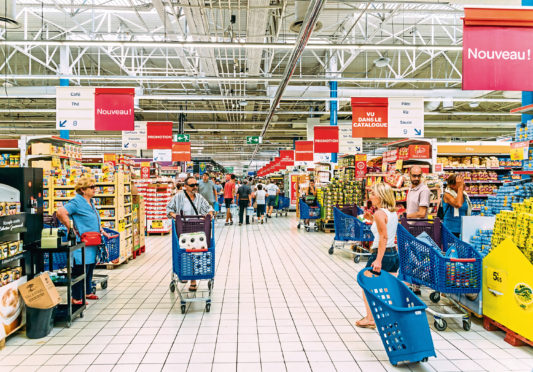Prospects for a Brexit deal continue to inch closer, with all eyes on an online meeting of EU heads of state on Thursday.
This is to discuss the EU response to the Covid crisis, but if necessary a Brexit deal could also be discussed and agreed.
The path to that deal may be eased by the departure of two key Boris Johnson advisers in Downing Street, who were central to the 2016 Leave campaign, as it may make it easier for him to deliver compromise.
The need for the change was intensified by the results of the US election, with a Biden presidency less enthusiastic than Trump about a trade deal with a UK isolated from the EU.
Meanwhile, the sticking points remain the same – fish, state aid and how a deal will be refereed.
The EU is expected to make concessions on fishing, but beyond that it will stick to its principles. Any deal will only be the trigger for further discussions on the detail, but will be enough to maintain a “business as usual” situation into the new year.
The French government has signed a deal with all its major supermarkets to do more to promote food produced in France with a mix of promotions and information.
The message will be that buying local, seasonal food will help “keep farmers on their farms” and improve people’s health. Farmers will go into local supermarkets to talk about food and, while the scheme will be voluntary, all French supermarkets have signed up to it. This confirms concerns that coronavirus has triggered a re-nationalisation of food markets, potentially making it more difficult for the UK to trade after Brexit.
The CAP has come in for new criticism from the EU court of auditors. The auditors say too little has been done to tackle problems of funds going to people who are ineligible for support.
Of the E60 billion CAP annual budget, around a third goes to rural development and this is where the auditors directed much of their criticism.
They claimed that over E1bn had been improperly spent by member states, accounting for around a fifth of the rural development budget.
Significant problems were found in Italy, where organised crime was involved in fraudulent schemes that diverted over E9 million from rural development funding, mostly by using fictitious companies.
